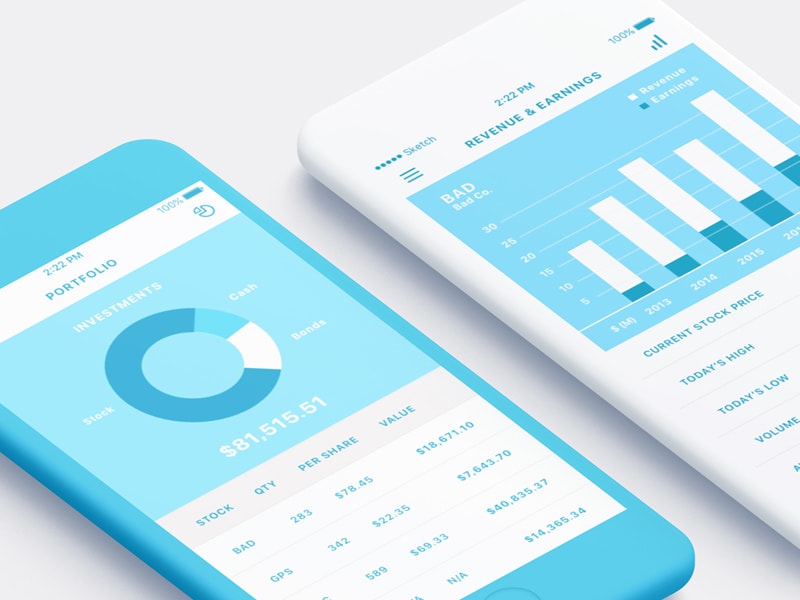Financial planning of your Personal Finances. Administration and finance, money management. Investment system for financial independence: Just as there are corporate finances, which guide the functioning of the financial part of a company, there are Personal Finances, which guide the functioning of the finances of a person, or in a more extended case, of a family.
It has become a necessary discipline for each one of us, due to how financialized everything is and an increasingly complex interconnected economy and world.
We need a guide, however basic, of our finances in order to be able to plan and look into the long term, which is where everything important is at stake. We are accustomed to the now, to the short term, to the already! but we underestimate what can be done in that period of time and we underestimate what can be done and happen in the long term.
As is customary in everything financial, Americans have been doing this for several decades. They don’t have a pension and health system there like the European one, if you haven’t planned to correct your savings throughout your working life, nobody is going to rescue you. So there it is usual to see the figure of the financial advisor who plans and meets with each family over decades.
In your case, with good information, some basic ideas, simple tools and discipline, you can do it on your own, but you need to take it seriously. If not when you want to do something it will be too late. Obtaining results, obtaining a significant patrimony that ensures your material safety takes a long time. It’s not complex, but it’s slow, very slow. So it’s best to start as soon as possible.
The approach that I give in Estratega Financiero to personal finances is based on the budgetary and financial discipline of the company, as you can read in the post “Yo, S.L.”; we go to the financial market (extra-company) to convey our money, applying the business discipline (intra-company) of our personal and unique situation (you, person, personal history).
In this case we can also talk about administration and finance, since it involves some administration but simple. It is necessary to manage, to administer a money; income with respect to its expenses.
INFORMATION MANAGEMENT
One of the critical elements is managing the tons of financial (and non-financial) news you get that you think is interesting. You have to choose what is important, you have to decide, you have to prioritize. Otherwise it will be impossible for you to have clarity and to have a long-term system that works for you and has an effect on your finances in the long term.
Blogs and independent (and alternative) media will help you in this regard. I wrote a book about it in 2016; “Econblogs” (economy blogs).

FINANCIAL PLANNING
It’s what’s always been known as home economics. Traditionally it was done by the mother. And actually financial planning does exactly what our grandmothers did.
They wrote down everything in a notebook; the expenses with their correlative concept and when they foresaw that they had to make a small investment or greater expense, like for example buying a coat, they opened an envelope where they put the concept and month by month they were allocating an amount of the family income. This is an excellent family budget and financial planning.
Now we do the same thing but with a computer, and instead of writing it down in a notebook we write it down in an excel spreadsheet.
FINANCIAL EDUCATION
There’s a lot of talk about this now. In the Mediterranean countries (and Latin countries in general) we have a problem in this aspect; the financial is new for us because of a question of cultural tradition, a question of CULTURE that covers many fields. In Anglo-Saxon countries this does not happen.
For practical purposes, financial education is nothing more than a clear understanding of a series of concepts, ideas and having them integrated, to be able to make informed decisions and the best possible correct, because they significantly affect the long-term assets of individuals and families.
At the most basic, day-to-day level, we are familiar with concepts such as income, expenses, market or financial markets, LIFE insurance, pension plans. More advanced and abstract concepts such as RISK must be understood.
That day to day has been complicated and you need to integrate more purely financial concepts, started by financial risk. In this blog you have a lot of information about it.
It is also related to information management (traditional press and the closed world of IBEX 35) and in a more advanced stage with the sale of investment products (investment funds, government bonds, fixed income in general, stocks, pension plans, structured products) especially by the bank, that great intermediary.

